One of the key points of my book is you need information to build a universe or to build a living creature, and you can’t get information by chance. Darwinists like to claim that, given enough time, anything is possible. Here’s a wonderful analogy that helps to show how wrong that claim is.
You recall that the machine parts of all living creatures are called “proteins,” and that all life uses an “alphabet” of the same 20 amino acids, linked together and folded just right, to assemble proteins. We can compare by analogy the odds of getting a functional protein (a protein that performs one of life’s functions) with the odds of getting a coherent English sentence. A functional protein typically has about 300 amino acids linked together, but let’s look at a much simpler case of only 100 linked amino acids. Let’s compare that to a combination of 100 English letters.
Now if you ask yourself how many English sentences are 100 letters long, you get a very large number. In his 1986 book Evolution: A Theory In Crisis, Michael Denton states that linguists have estimated that number as 1025, or ten trillion trillion. That’s a huge number. Does that mean that, if you combine at random 100 English letters, you are likely to get a coherent sentence? Absolutely not, and that’s what most people don’t recognize! The odds of getting a coherent sentence are less than one in about 10100, or less than one in a number with 100 zeros! Wow! To give you a sense of how unlikely that is, you have a greater chance of picking the correct marked marble out of a pile of marbles as big as the known universe.
We know that every species on Earth has new information (coded by “orphan genes” that have no recognizable ancestor). Human DNA contains at least 54 orphan genes that build proteins used in our brains. These genes are not found in any other species, including any of the great apes. That’s roughly equivalent to 54 new sentences of information. Where did that information come from? Design or chance?
Thanks for reading.





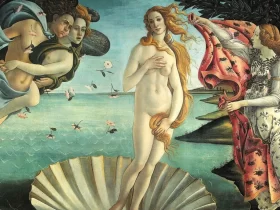
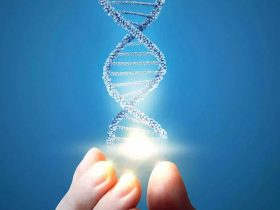


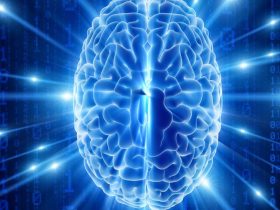



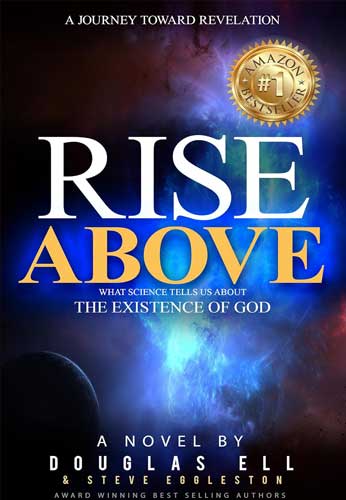

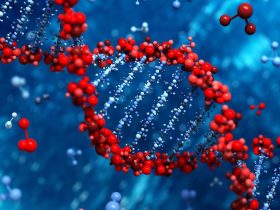

Leave a Reply